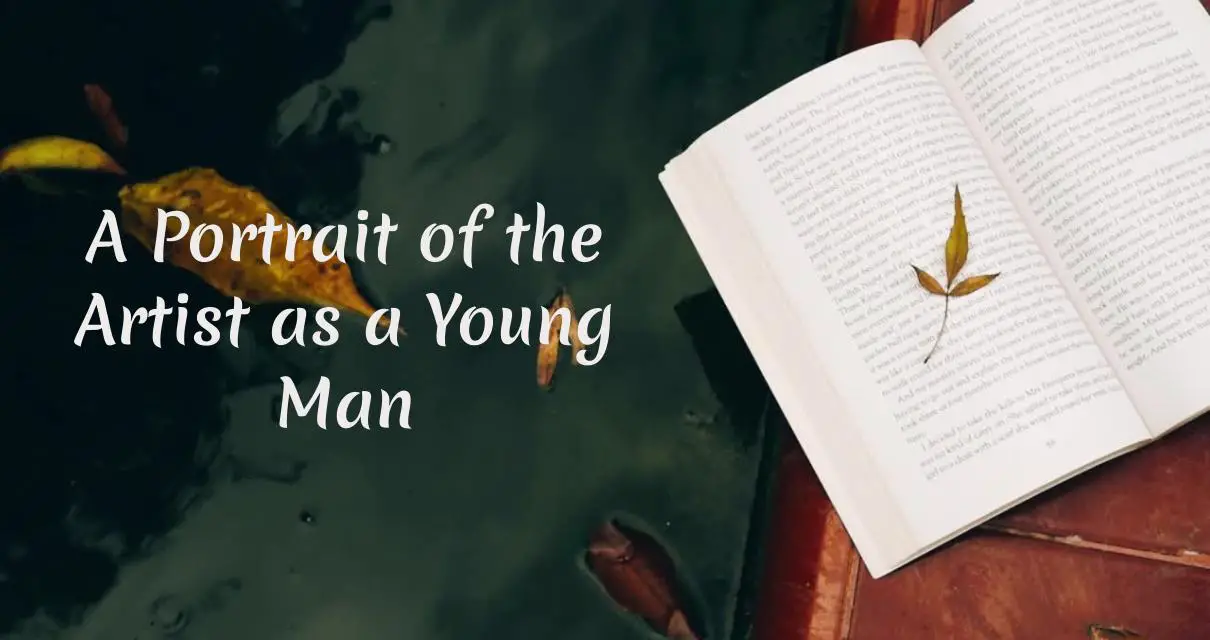A Portrait Of The Artist As A Young Man is about the growth and artistic awakening of the main character, Stephen Dedalus. It delves into his complex relationships with family, religion, and his own identity as he navigates through the challenges of his youth. The novel is a compelling exploration of the quest for self-expression and individuality.
Table of Content
A Portrait Of The Artist As A Young Man Book Summary
Stephen Dedalus, a sensitive and astute young boy, grows up in a strict Catholic home in Ireland. His family's religious fervor contrasts sharply with his father's love of storytelling and conviviality. Stephen grapples with the tension between these influences, which shape his early perception of the world.
At Clongowes Wood College, Stephen faces bullying but also discovers his intellectual abilities. He is later transferred to Belvedere College, where he excels academically and in sports, but his artistic inclinations begin to surface.
Under the repressive regime of his school and the church, Stephen undergoes a spiritual crisis. He becomes obsessed with sin and repentance, eventually resolving to dedicate himself to a life of religious devotion.
During a family holiday, he experiences a brief moment of romantic infatuation, which leads him to question his religious aspirations. His epiphany marks a turning point, and he rejects his former religious convictions, embracing a life of intellectual and artistic freedom instead.
Stephen enrolls at University College Dublin, where he immerses himself in the study of aesthetics and literature. He befriends Cranly, with whom he engages in intense philosophical discussions that shape his growing sense of individuality.
His mother's illness brings him home, where he confronts the complexities of his family life and the political turmoil of Ireland. The fall of Irish political leader Charles Stewart Parnell deeply affects Stephen and his father, reflecting the broader disillusionment with Irish nationalism.
Stephen completes his studies and decides to leave Ireland, feeling the need for a new beginning. He plans to pursue an artistic career in Europe. This decision marks his final break from the constraints of his past and his leap into the unknown.
At the end of his journey, Stephen stands on a beach, contemplating his future. He experiences a profound sense of liberation and the joy of self-realization as he looks ahead to the possibilities that lie beyond the familiar shores of his homeland.
A Portrait Of The Artist As A Young Man Quotes
- He wanted to cry quietly but not for himself: for the words, so beautiful and sad, like music.
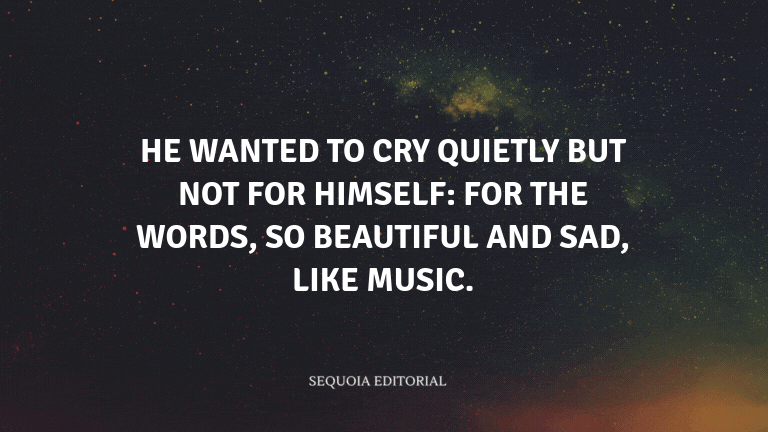
- The object of the artist is the creation of the beautiful. What the beautiful is is another question.
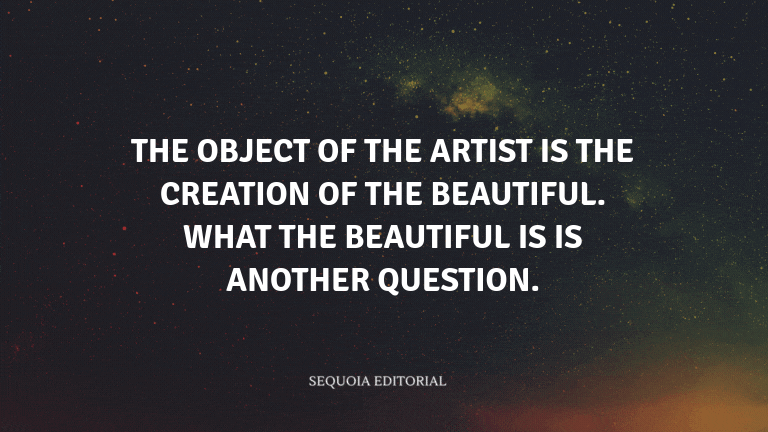
- Welcome, O life, I go to encounter for the millionth time the reality of experience and to forge in the smithy of my soul the uncreated conscience of my race.
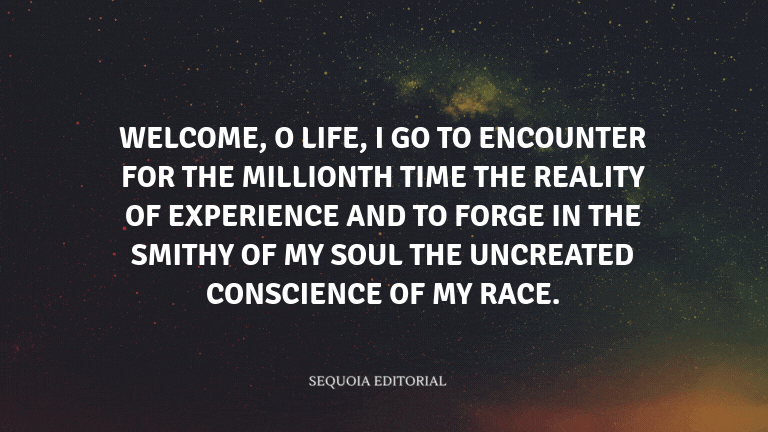
- I will tell you what I will do and what I will not do. I will not serve that in which I no longer believe, whether it calls itself my home, my fatherland, or my church: and I will try to express myself in some mode of life or art as freely as I can and as wholly as I can, using for my defence the only arms I allow myself to use—silence, exile, and cunning.
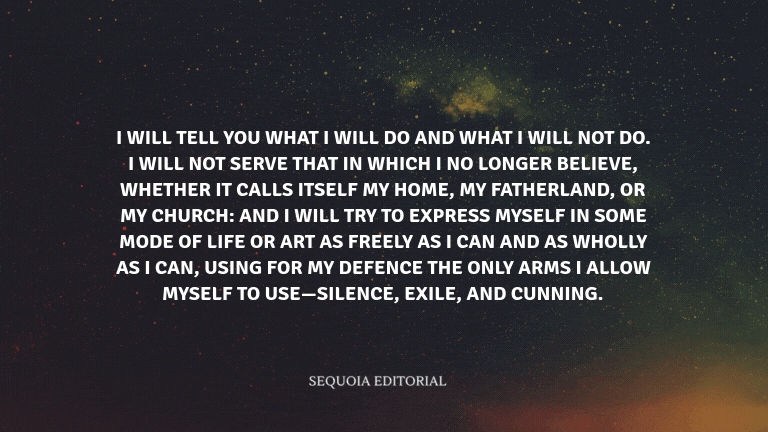
A Portrait Of The Artist As A Young Man Ending Explained
At the end of A Portrait Of The Artist As A Young Man, Stephen Dedalus stands on a beach, looking out to sea. He is filled with a sense of freedom and excitement about what the future holds for him.
He reflects on his past, the struggles with his family, and the influences of religion and Irish nationalism. Stephen's decision to leave Ireland and his commitment to becoming an artist have solidified, marking a definitive end to his youthful confusion and a promising beginning to his adult life.
The novel concludes with Stephen's profound declaration of his artistic calling and his aspiration to forge his own path. He envisions a life of creativity and expression, symbolized by the vastness of the sea before him, offering endless possibilities and new horizons.
Characters in book A Portrait Of The Artist As A Young Man
- Stephen Dedalus: The protagonist of the story, a sensitive and intelligent young man who struggles with the expectations of his family and society as he seeks to discover his own identity and vocation.
- Simon Dedalus: Stephen's father, an affable and often impractical man who has a fondness for storytelling and the company of his friends.
- Mary Dedalus: Stephen's mother, a devout Catholic who has a deep love for her children but who also has a somewhat tumultuous relationship with her husband.
- Dante Riordan: Stephen's strict and religious aunt, whose influence on Stephen’s life is profound and complex.
- Emma Clery: Stephen's beloved, whose relationship with him leads to an intense emotional epiphany.
- Charles Stewart Parnell: A prominent political figure in Ireland, whose fall from grace has a significant impact on Stephen and his family.
- Cranly: Stephen’s close friend and confidant, with whom he engages in deep philosophical discussions.
Key Lessons
- Embrace Individuality: The freedom to be true to oneself and pursue personal beliefs and passions is essential for a fulfilling life.
- Question Tradition: It is important to critically evaluate the traditions and values one inherits, and to discern which are worth upholding and which may be constraining or outdated.
- Seek Understanding: Strive to understand the world around you through intellectual exploration and engage in meaningful dialogue with others to shape your perspectives.
- Value Personal Growth: Embrace change and personal growth as an ongoing process that leads to a deeper understanding of oneself and the world.
- Articulate Convictions: The ability to express one's beliefs is a powerful tool in shaping personal identity and influencing the world around you.
My Personal Opinion
Is A Portrait Of The Artist As A Young Man worth reading? Absolutely yes, I found it to be a thought-provoking and deeply introspective work of art. James Joyce's ability to delve into the inner workings of the protagonist's mind is truly remarkable.
I was captivated by the vivid descriptions and the evolution of Stephen Dedalus. The complex interplay of religion, family, and national identity presented a rich tapestry that felt both intimate and universal. However, the dense prose style might not appeal to all readers, and the heavy themes can be challenging to digest at times.
I would recommend this book to those who are interested in philosophical and psychological explorations. It is a profound reflection on the coming-of-age experience and the struggle for artistic and personal freedom. Readers who appreciate literary depth and are open to introspective narratives will find this book to be a rewarding and memorable read.
